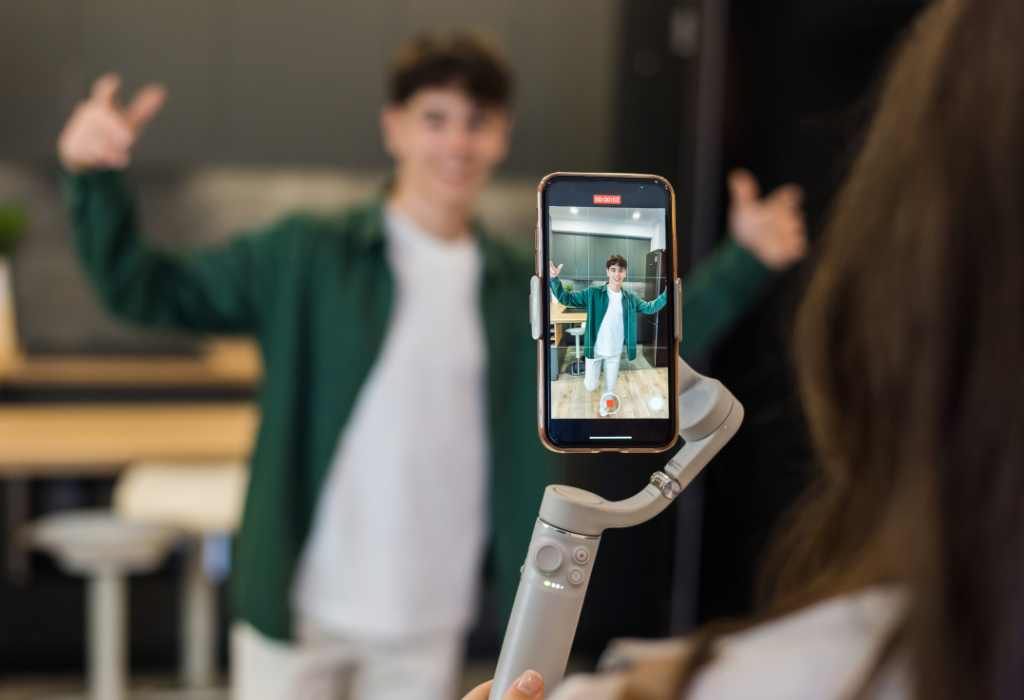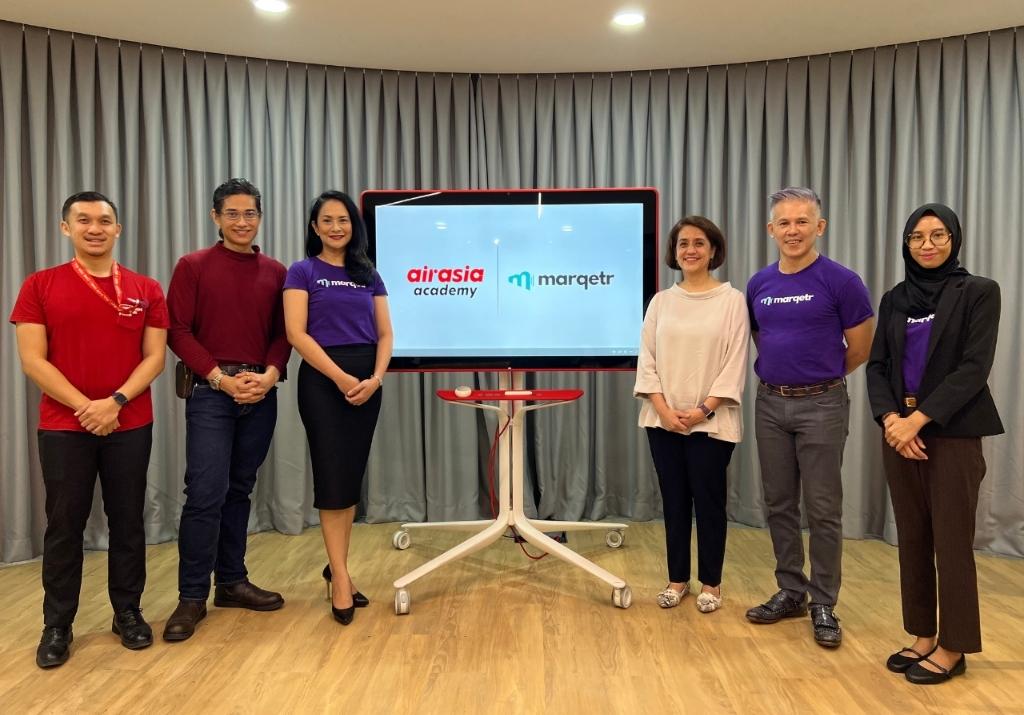Ipsos in Malaysia in partnership with Ogilvy Malaysia conducted a thought leadership piece ‘The Not-So-Secret Lives of the Malaysian Gen-Z’ to understand the members of the generational cohort known as Generation-Z or more popularly known as Gen-Z.
This was not just another regular piece to decode the regular lives of Gen-Z. The aim of the study was to uncover 6 key facets of popular culture that shape Gen-Z today and govern their decisions – from the kind of friendships they cultivate to the content they consume and the passion-points they have.
Born between 1995-2009, and reaching adulthood between 2013-2027, the Gen-Z are the true digital natives, as it is the generation that has never known a life without the Internet and are born into the era of social media. With a little more than a quarter (26%) Malaysian population being Gen-Z, Ipsos UU in Malaysia wants to be at the forefront of thought leadership regarding this post-Millennial generational cohort that is beginning to reach young adulthood.
The research was conducted through a two-pronged process. The first study involved conducting primary research with Gen-Zs who are a bit ahead of the curve through 10 friendship groups to get richer texture and nuances.
This was followed by conversations with Gen-Z experts to validate key observations about the behaviour and attitude of Gen-Zs across six elements of popular culture that are significant to them like language, sports and fitness, gaming and social media, music, food and beverage, and sustainability.
This study threw some exciting insights – how language is becoming so much visual-led; alternative sports like Dodgeball, Snookball, eSports are gaining major traction with Gen-Z; good health is indicated by both looking good and feeling good; sustainability has become mainstream to their lifestyle; food is becoming ‘status-frying’ and how K-Pop is more than just music to them.
The study revealed that by liberally infusing hyperbole into everyday language, the Gen-Zs are altering the meaning and gravity of common expressions. The usage of profanity is common, but the intent is not necessarily to offend, but to express surprise, sarcasm, hyperbole and even to compliment.
Expressions are exaggerated through visual communication, be it GIFs, memes or stickers. It helps them to communicate complex emotions easily. In short, communication with this cohort needs to be entertaining, concise and visual. Learning to speak Gen-Zs visual language could drive a brand’s future success.
For the Gen-Z, a big part of their gastronomical experience involves feeding their Instagram feed, and this governs the places they go to eat. So, food needs to have the element of show-off. ‘Camera eats first’ is the norm. They are also experiential- seekers, hence open to fusion food, which are unique in terms of sensorials; be it Boba tea-cake, Nasi-lemak ice-cream or Durian wafers.
Alternate sports like Ultimate Frisbee, Snookball, Dodgeball or eSports are gaining relevance as they offer a fresh context and platform to shine. It’s a great opportunity for brands to start owning this space. When it comes to sustainability, Gen-Zs feel strongly about making a positive change.
Value conscious Gen-Z want to buy green without burning a hole in their pockets. Only affordable and accessible sustainability will go mainstream. It is a generation both addicted to and plagued by social media. Thus, the need for constant validation compels the Gen-Z to live a carefully-curated digital life. However, what Gen-Zs seek from a brand is authenticity and personalisation. Gen-Zs are more likely to perceive a brand as credible when the brand takes a stance on issues that matter to them.
But the issues don’t always have to be political or extreme. It’s worth remembering that if brands get them wrong, they shall face severe backlash and trolling from this generation.
Ajay Bangia, Director & South East Asian Regional Lead for Qualitative, Ipsos SEA:
“Gen Z are not a generation of armchair activists. They believe in action and want to impact society in a positive manner. They gravitate towards brands that act on a higher ideal but also have a unique ability to smell ‘woke-washing’. To resonate with this cohort, brands would need to act and communicate in an authentic manner else risk the wrath of a social media
savvy generation.”
Anshuman Ray, Country Service Line Lead, Ipsos UU & Social Intelligence Analytics in Malaysia, summarises:
“Though this is a generation that is baring their souls to the world, yet not a
lot of it makes sense to the marketers. Gen-Zs as a generation are tired of
being talked at and sold to. They desire a more personal connect with brands.
We at Ipsos believe that Storyliving brands connect better with Gen-Z than
Storytelling brands. It’s no more about just engaging ads, rather offering
value-driven experiences to establish the connect. When a brand goes
beyond just telling a unique story (storytelling) and takes action of some kind (storyliving) – to encourage positive behaviour, support a cause through action, or create unique experiences is when the real connect happens.
By ensuring this, brands could foster a more meaningful relationship with this young segment.” To connect with Gen-Zs brands may have to alter the way they communicate and socialise with the cohort. In an era, where purpose-driven brands continue to gain momentum, Gen-Zs demand authentic experiences from brands. But the message and the experience need to be entertaining. Humour needs to be the medium for all messages, as it diffuses all tension.
The findings are from the in-depth interviews that were conducted with 30 “Passionistas” through 10 Friendship Groups from August 2019 to December 2019. The Gen-Zs who were chosen for the in-depth interviews are those that are a bit ahead of the curve in their respective fields (Foodies, Music Jammers, Fitness & Sports Enthusiasts and Gamers).
MARKETING Magazine is not responsible for the content of external sites.









